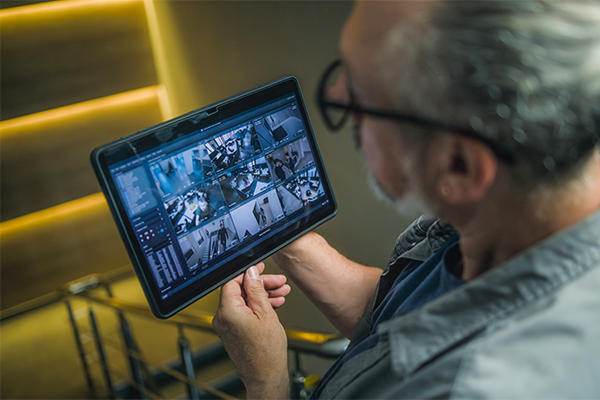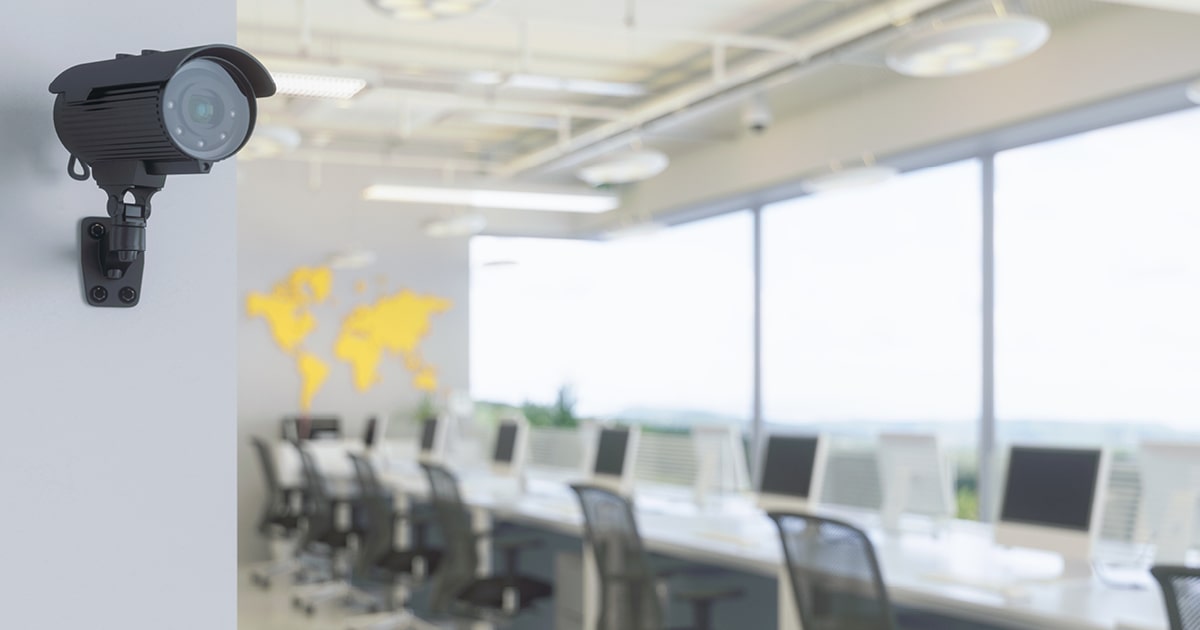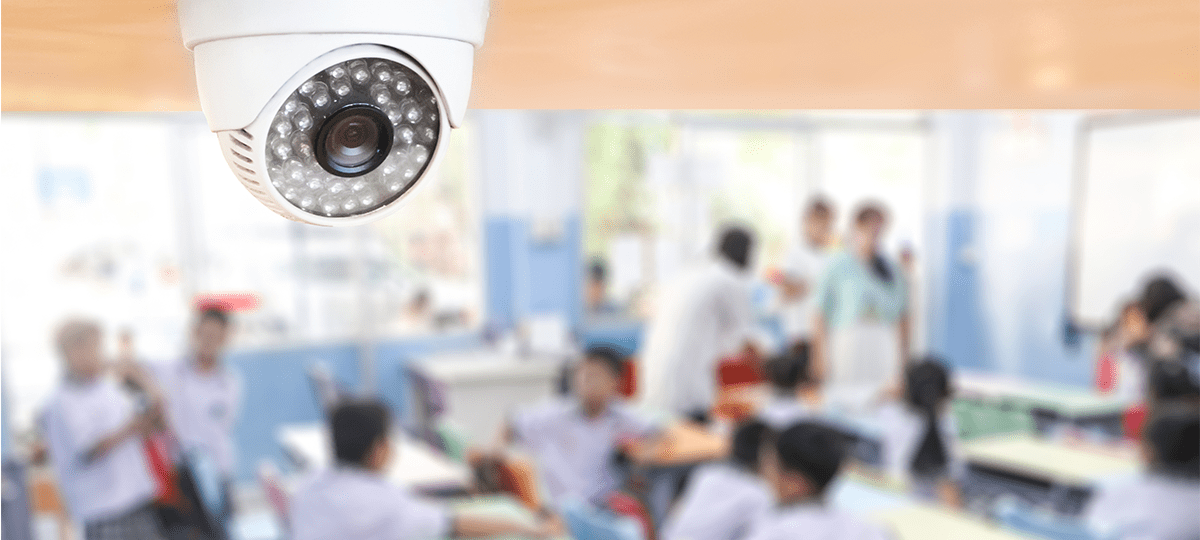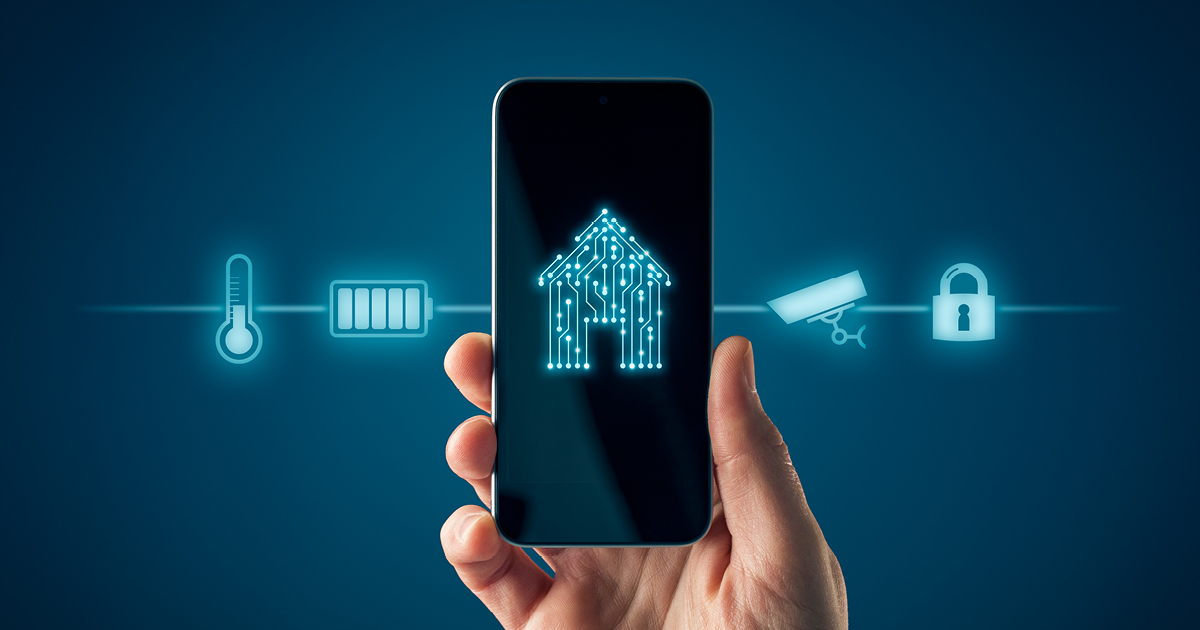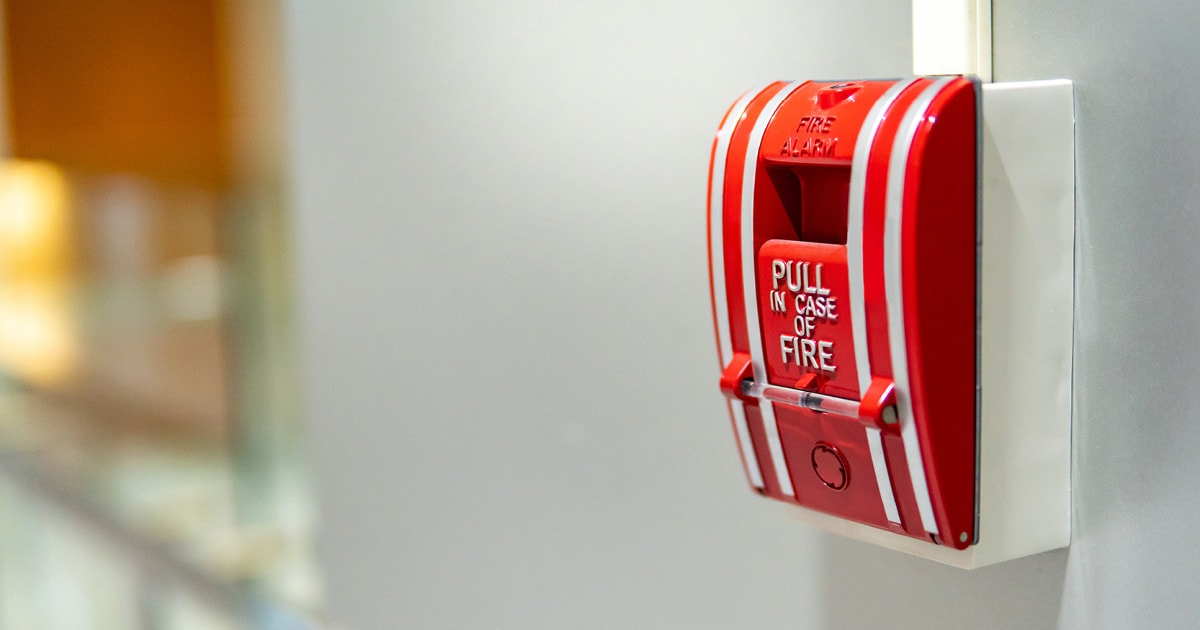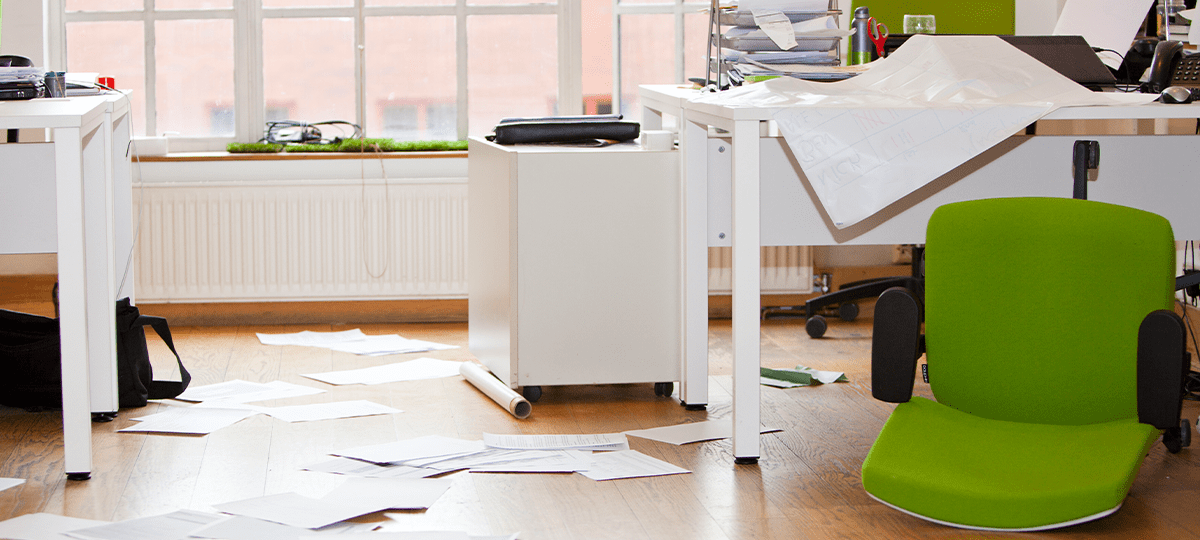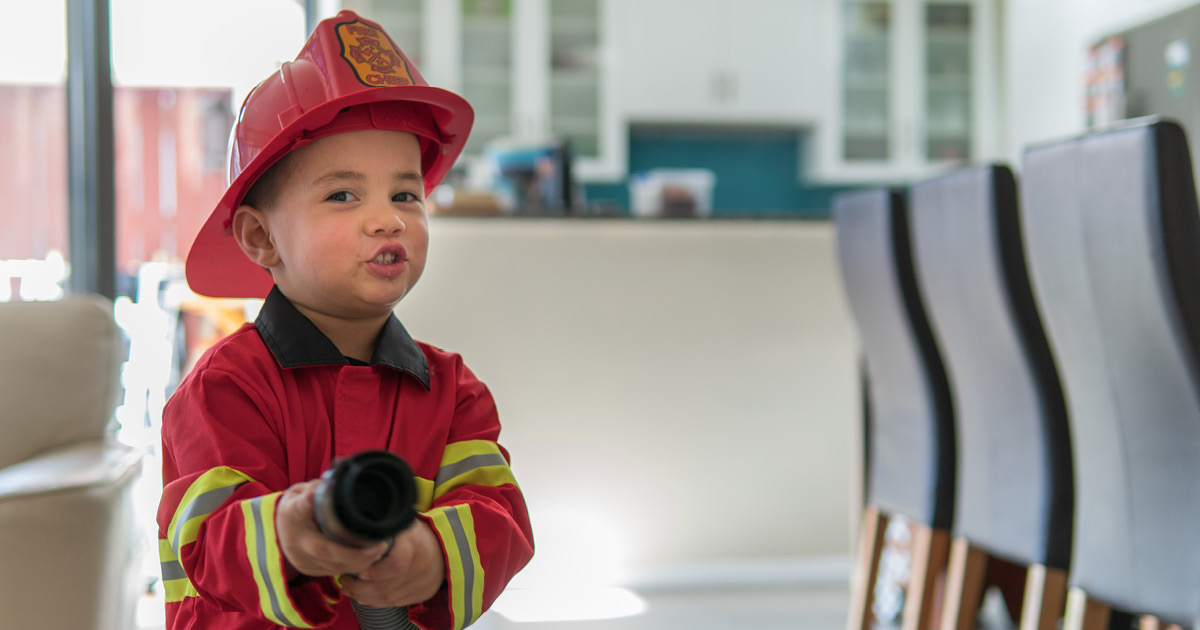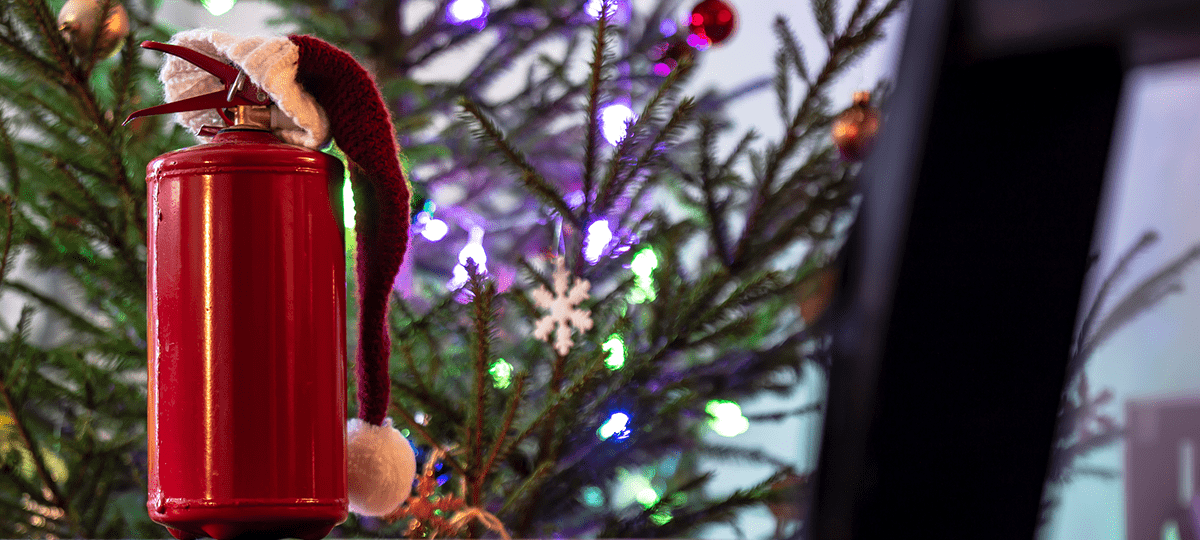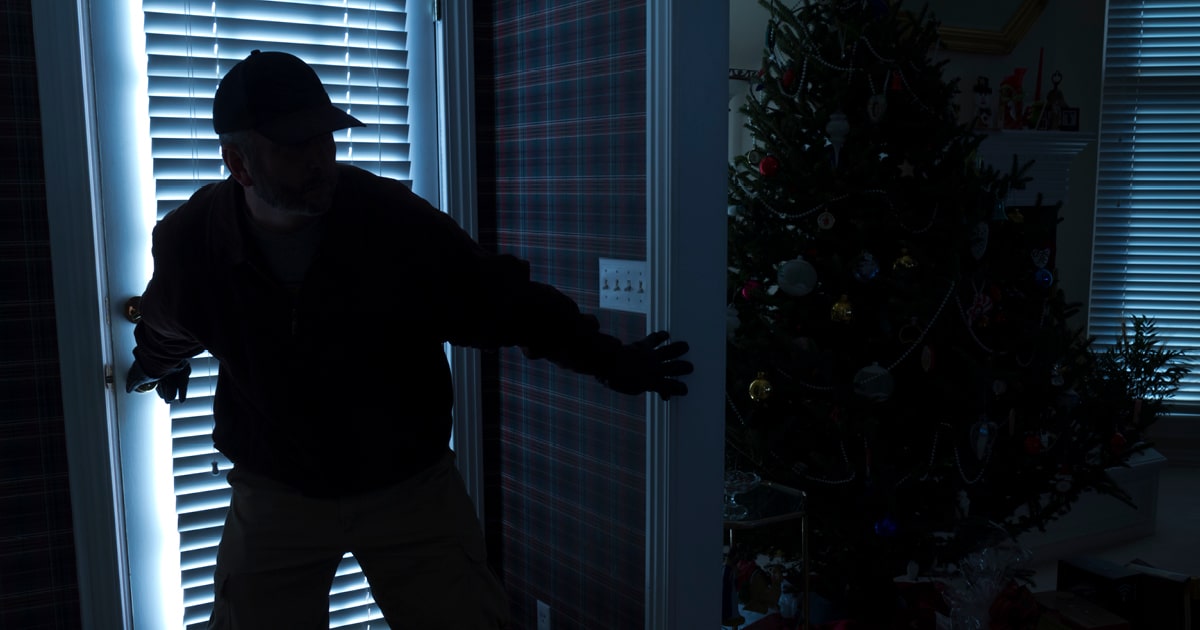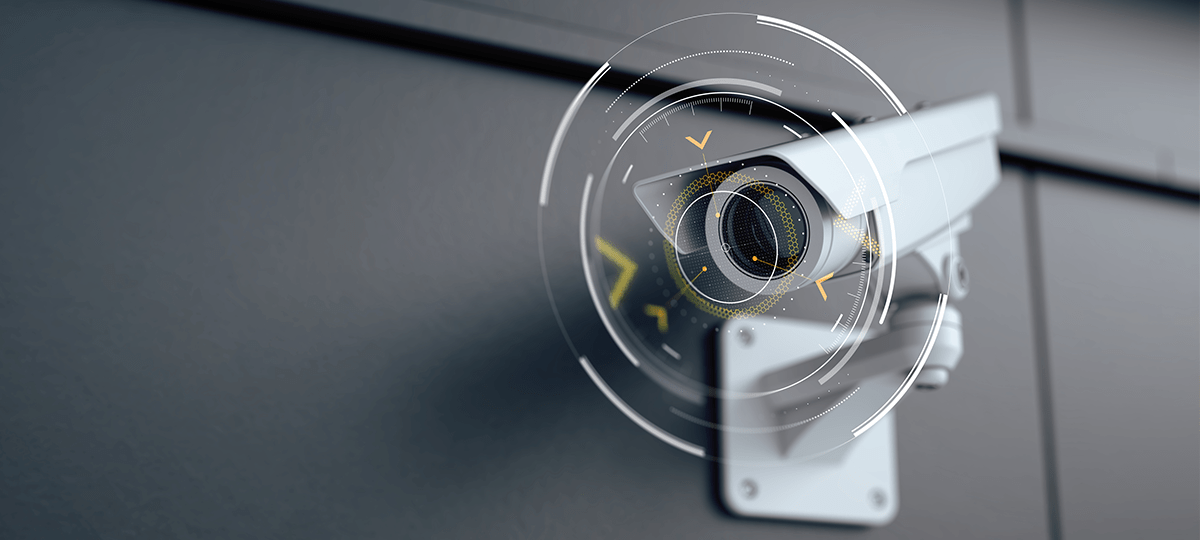What Is CCTV Footage?
CCTV stands for closed-circuit television, in which video cameras transmit a signal to a specific, limited set of monitors. Wired and wireless cameras in a CCTV system are usually used for surveillance and security purposes. The footage can help prevent crime, aid in the capture of a suspect if an offense occurs, or serve as evidence in court. Cameras may transfer the footage to monitors for real-time viewing, or it may be recorded for future viewing.
What is CCTV used for?
In commercial environments, CCTV cameras are commonly placed in high-traffic customer and employee areas that are often the locations of crime, such as entrances and exits, cash registers, or inventory storage. The goal is to help businesses save money and lower the risk of incidents such as shoplifting, arson, burglary, or vandalism. CCTV cameras can also help monitor areas of a building, lab, or industrial facility that aren’t safe for people to enter.
In residential settings, CCTV cameras are often used to deter potential criminals or unwanted visitors, giving homeowners greater peace of mind. These cameras can help monitor blind spots around the home that can’t be seen from windows. CCTV can also be used to keep an eye on caregivers, pets, or children in the house while the homeowner is away.
Some of the most common types of CCTV cameras include:
- Dome
- Turret
- Bullet
- 360 fisheye
- Doorbell
- Pan-tilt-zoom (PTZ)
How long do you have to keep CCTV footage?
If CCTV cameras record footage, there’s no required length of time for the footage to be kept. Most home and business owners decide how long they hold onto the footage based on the available storage space and the amount of footage they must store. The amount of footage to be saved also depends on factors such as the number of cameras recording, the resolution of the cameras, and more. In general, most security footage is stored anywhere from 7 to 90 days.
Are there rules for using CCTV footage?
There are no hard and fast rules regarding who can watch CCTV footage and how it can be used. State and federal laws related to CCTV and electronic monitoring vary from state to state. Also, there are differences in the statutes for video monitoring and audio monitoring, which is why CCTV camera footage often lacks audio.
In general, businesses can legally use cameras as long as they aren’t placed in areas where there is a reasonable expectation of privacy, like bathrooms and changing rooms. For employers, it’s generally accepted practice to alert employees and customers that a CCTV system is in use in their workplace.
For homeowners, it may be legal to record video without the consent of the person being recorded. Still, we recommend checking with a lawyer to make sure. Placing cameras in a bedroom or bathroom, even in your own home, can have legal implications, especially if children are involved. Additionally, outdoor cameras should only record your property.
Practically speaking, most home and business owners usually post signs letting others know an area is under surveillance to deter trouble from ever taking place. If someone wants to view the CCTV footage on which he or she was recorded, it’s also not clear-cut what is or is not allowed. Without a subpoena, no private person or business is required to provide the footage.
Make the most of CCTV with FSS Technologies
There’s a lot to know about installing and using a CCTV system in residential and commercial settings, and that’s why we’re here to help. Our expert service technicians are well-versed in all things security, enabling us to build a custom-fit solution that meets your needs and goals. If you’re interested in learning more about installing a CCTV system at your home or business, contact us today for a free consultation.
